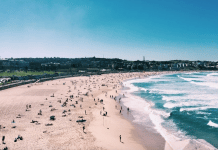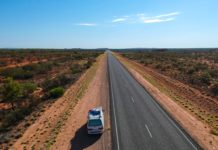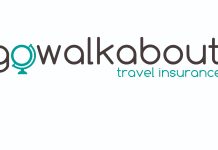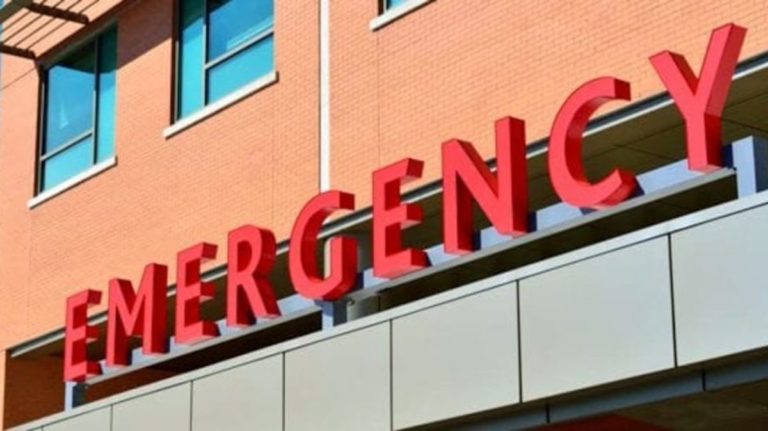
Traveling to Australia is an exciting adventure, but it’s important to be prepared for any emergencies that may arise. Knowing the emergency phone numbers and how to access medical care can make a significant difference in stressful situations. Here is all the information you need about medical treatment in Australia as well as the best websites and emergency numbers.
Table of Contents
Emergency phone numbers in Australia
In Australia, there are several key emergency phone numbers you should be aware of:
000 – National Emergency Number
When to Use: Dial 000 for all emergencies requiring police, fire, or ambulance services. Available 24 hours a day, 7 days a week.
How It Works: When you call 000, an operator will ask you which service you need and your location. They will then direct your call to the appropriate service.
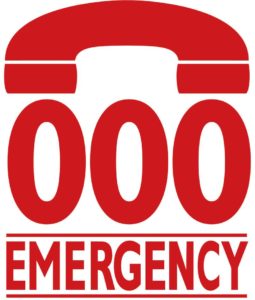
112 – Mobile Emergency Number
When to Use: 112 is an international emergency number that works on mobile phones in Australia.
How It Works: Similar to 000, it connects you to police, fire, or ambulance services.
106 – Text Emergency Number
When to Use: For people with hearing or speech impairments, 106 is a text-based emergency service.
How It Works: You can text 106 from a TTY (teletypewriter) to request police, fire, or ambulance services.
The flying doctor service, an alternative to “000”
When to Use: In remote areas, contact the Royal Flying Doctor Service, a group of doctors and pilots who can fly in to rescue you from the outback. Every day, they fly thousands of kilometres to help isolated populations.
Covering an area of almost 2.3 million km², they provide visits and basic care, as well as rescue and emergency evacuations. As a relief organisation, it operates free of charge 24 hours a day, all year round. A dispatcher is available on the phone, even at night.
Please note that there are several emergency numbers for this service, as they differ depending on the state/ territory:
Western Australia
Tasmania
SA / NT
Victoria
NSW / ACT
Queensland
13 11 26 – Poisons Information Centre
When to Use: For information and advice on poisoning, bites, and stings.
How It Works: Speak to a specialist for guidance on what to do in cases of poisoning.
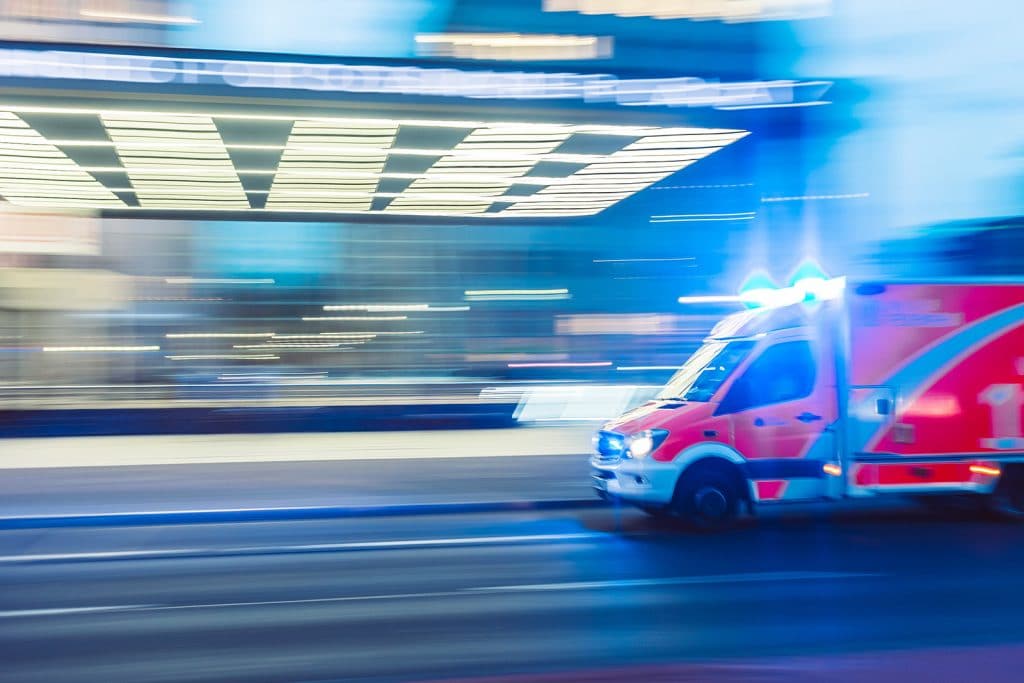
Other numbers of assistance
131 444 – Police Assistance
When to Use: For non-urgent police assistance. Except if you are in Victoria, then you need to contact the local police.
How It Works: Use this number to report crimes that are not emergencies, such as theft or property damage.
Other useful numbers
If you witness an offense or a crime, you can make an anonymous statement on the phone. Dial the number “1800 333 000“.
In case of a flood problem, thunder, or any other natural disaster, contact “132 500“.
If you have lost your identity papers or in case of an absolute emergency (accident, death), you have to contact the Embassy of your home country.
Finding Doctors in Australia
Australia has a robust healthcare system, and finding a doctor is relatively straightforward. Here’s how you can access medical care:
General Practitioners (GPs)
General Practitioners (GPs) are the first point of contact for medical issues. They provide a wide range of healthcare services and can refer you to specialists if needed.
- Booking an Appointment: You can book an appointment with a GP at a medical clinic or through online platforms like HealthEngine or HotDoc.
- Costs: If you have travel insurance, check if GP visits are covered. Some clinics offer bulk billing, where Medicare covers the full cost of the visit. For international visitors, fees apply, so it’s best to inquire beforehand.
Hospitals
Public hospitals provide emergency and non-emergency services. In an emergency, you can go to the nearest hospital’s emergency department.
- Public Hospitals: Public hospitals are funded by the government and provide free or low-cost services to Australian residents and visitors from countries with reciprocal healthcare agreements.
- Private Hospitals: Private hospitals charge fees for their services. Ensure you have adequate insurance coverage if you choose to use private healthcare facilities.
Pharmacies
Pharmacies, or chemists, are widely available in Australia and can provide over-the-counter medications, prescriptions, and health advice.
- Finding a Pharmacy: Use apps like Chemist Warehouse or Priceline Pharmacy to locate nearby pharmacies.
- Operating Hours: Most pharmacies are open during regular business hours, with some offering extended hours or 24/7 service.
Facebook groups
There are hundreds of Facebook groups whose main topic is Australia. Join a group that interests you, maybe one about the city you’re living in, and ask people in the community if they have any recommendations. There are also groups of many nationalities, e.g. Brits / Spanish / Norwegians in Australia.
Health Advice and Telehealth Services
Healthdirect Australia
Healthdirect provides free health advice and information over the phone and online.
Phone: Call 1800 022 222 to speak with a registered nurse for health advice.
Website: Visit www.healthdirect.gov.au for online health information and symptom checkers.
Telehealth
Telehealth services allow you to consult with a doctor via phone or video call, providing convenient access to healthcare, especially in remote areas.
How to Access: Many medical clinics offer telehealth appointments. Check with your GP or use online platforms like Doctor On Demand or Telehealth Australia.




















